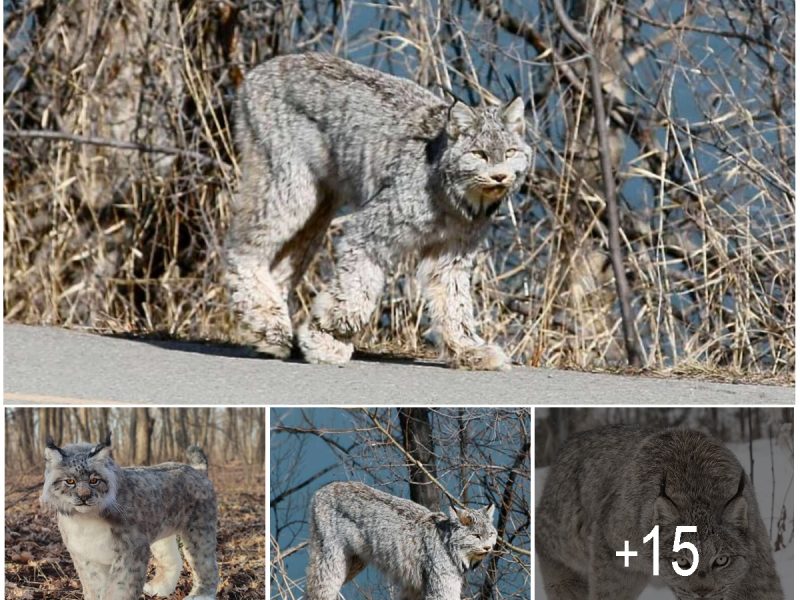Most of us have superficial information about animals and their lives. Some of us just care about the cute and beautiful animals. But, scientists have estimated that there are about 8.7 million species of plants and animals in existence, however, only around 1.2 million of them have been identified and described so far (most of which are insects). This means that millions of other organisms remain a complete mystery.
1 / 21
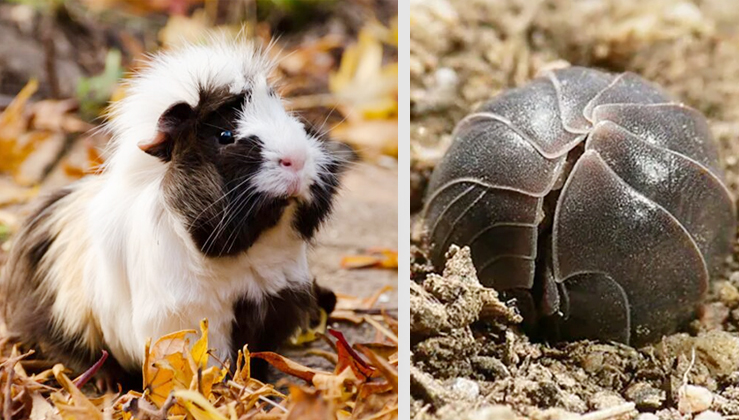
Whether its their appearance, behavior or something else, every animal is unique in its own way. And even though there are so many species out there it’s nearly impossible to learn everything about all of them, you can at least learn an interesting fact or two – that’s where the Awwducational subreddit comes into play.
2 / 21
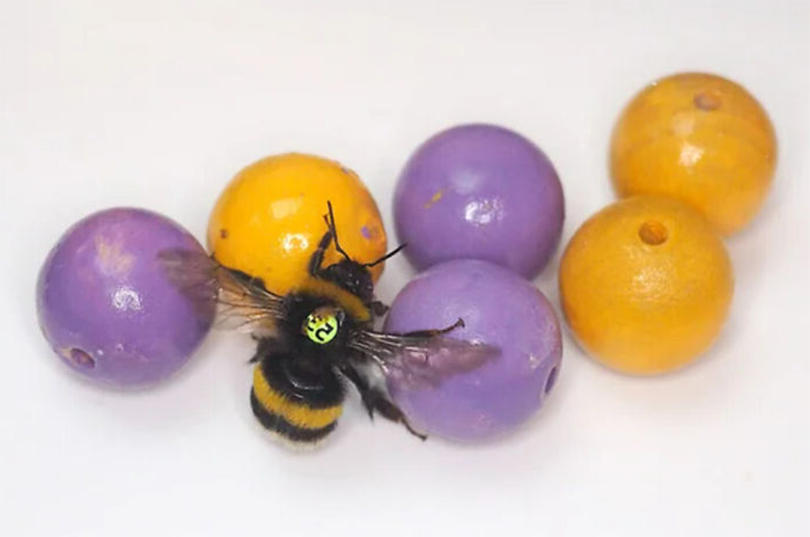
New Study Reveals That Bumblebees Will Roll Wooden Balls For Seemingly No Other Reason Than Fun, Becoming The First Insect Known To ‘Play’. In a new study, the team placed 45 buff-tailed bumblebees (Bombus terrestris audax) of different sexes and ages in an arena with a single entrance. There was a clear aisle from the entrance to pollen and sugar water in the back of the chamber, but the insects had to pass between two adjacent rooms with 18 colourful wooden balls to get there. One room had free-moving balls, while the other had balls that were glued down.
3 / 21
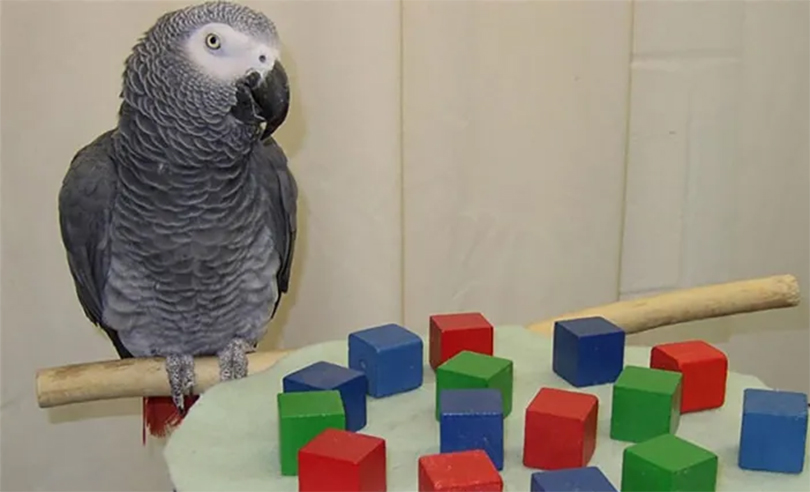
Alex, The African Grey Parrot, Is The Only Animal To Ever Ask An Existential Question. He Asked “What Color” He Was. Looking at a mirror, he said “what color”, and learned the word “grey” after being told “grey” six times. This made him the first and only non-human animal to have ever asked a question, let alone an existential one (apes who have been trained to use sign-language have so far failed to ever ask a single question).
4 / 21

American Kestrel Is The Smallest And Most Common Falcon In North America. It Is Also Called The Sparrow Hawk. The American Kestrel is North America’s smallest and most colorful falcon, and many adore kestrels for their lovely plumage and big personality. In the 1800s and early 1900s, many referred to American Kestrels as “sparrowhawks,” however that common name typically refers to Accipiter hawks.
5 / 21
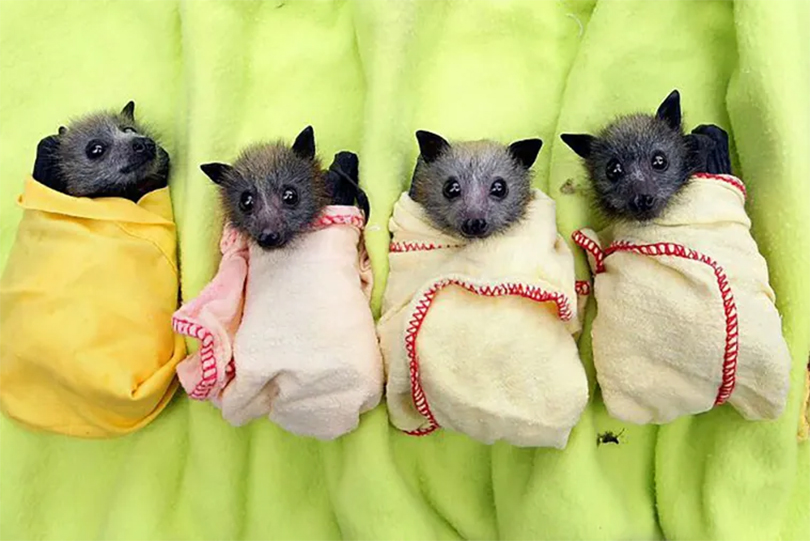
Orphaned Baby Bats Which Are Rescued Are Wrapped Snugly In Blankets To Mimic The Warm Embrace Of Their Mother’s Wings. These orphaned baby bats, swaddled in cozy blankets and fed milk in baby bottles, are the incredibly adorable residents of the Australian Bat Clinic & Wildlife Trauma Centre in eastern Australia’s Gold Coast Hinterland. Volunteers and employees at the clinic work tirelessly to care for sick, injured, and orphaned bats whose mothers have died, as well as other wildlife in need of assistance.
6 / 21

Dogs Sneeze While Playing To Let Other Dogs Know They Are Playing And Aren’t Trying To Be Aggresive. Many dogs like to sneeze when they play with other dogs or humans. This “play sneezing” is normal and something dogs use to show that they are excited and having a good time. Dogs will also use play sneezing to show that their behavior is only playful.
7 / 21

The sand cat is an incredible species of cat that has adapted to the harsh desert environment over thousands of years. Through unique adaptations such as thick fur, the ability to conserve energy, and digging skills, they are able to survive in one of the most extreme climates on earth with ease. It is truly amazing how this small feline has been able to survive in the desert for so long. Sand cats can live up to 12 years.
8 / 21
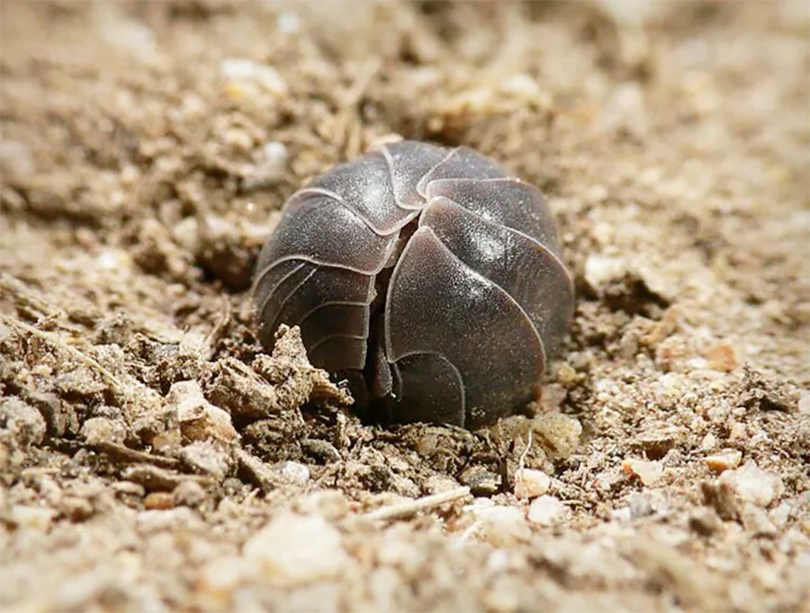
Turns out a little bug we don’t think of much is one of the best protectors of soil ever imaginable. New Study Shows “Rollie Pollies” Remove Heavy Metals From Soil And Protect Groundwater. Pill bugs play an important role in the cycle of healthy plant life. They return organic matter to the soil so it can be digested further by fungi, protozoans and bacteria. This process produces a natural supply of nitrates, phosphates and other vital nutrients that plants need to thrive now and in future growing seasons. Thank You To These Little Helpers.
9 / 21
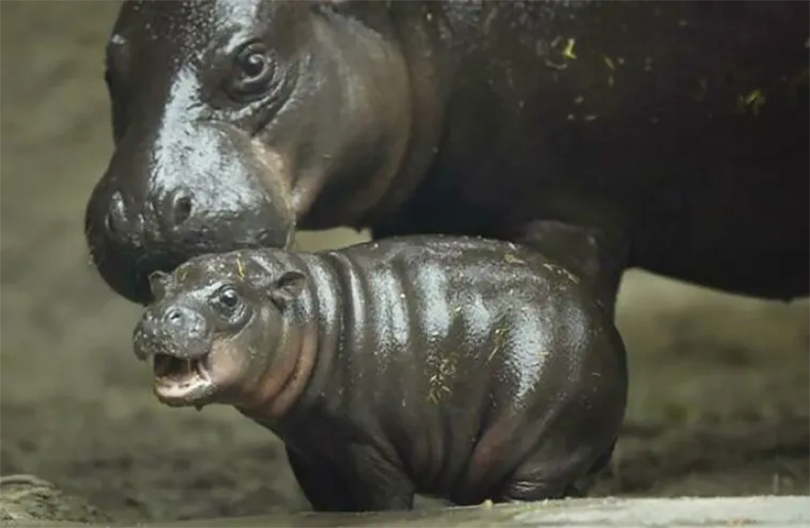
Pygmy Hippos Are Critically Endangered, With Less Than 3,000 In The Wild. The San Diego Zoo Has Bred One For The First Time In Three Decades. His Name Is Akobi, And He’s Two Months Old. The behavior of the pygmy hippo differs from the common hippo in many ways. Much of its behavior is more similar to that of a tapir, though this is an effect of convergent evolution. They tend to ignore each other rather than fight when they meet.
10 / 21
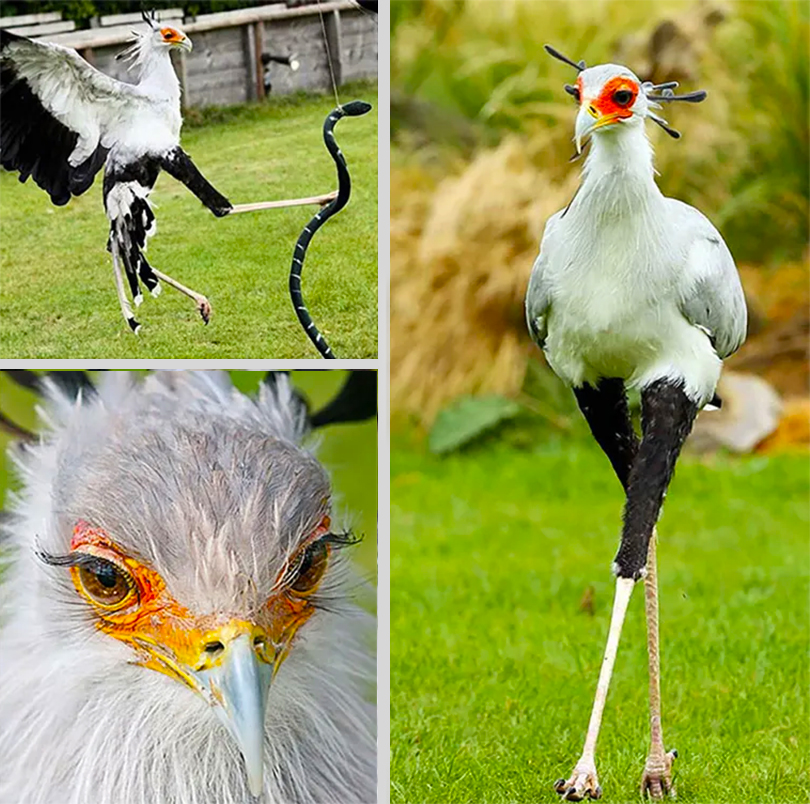
Secretary Birds Are Famous For Its Snake-Stomping Legs; A Single Kick Delivered Some 195 Newtons Of Force. Not only is their kick mighty in relation to their body size, but it is also fast! These birds can kick out and return their foot in as short as 15 milliseconds. In comparison, it takes the average human 100–150 milliseconds to blink once. Secretary birds can fly, but they prefer to walk along the ground when they hunt. These birds build nests high in acacia trees, and the nests reach up to eight feet wide.
11 / 21
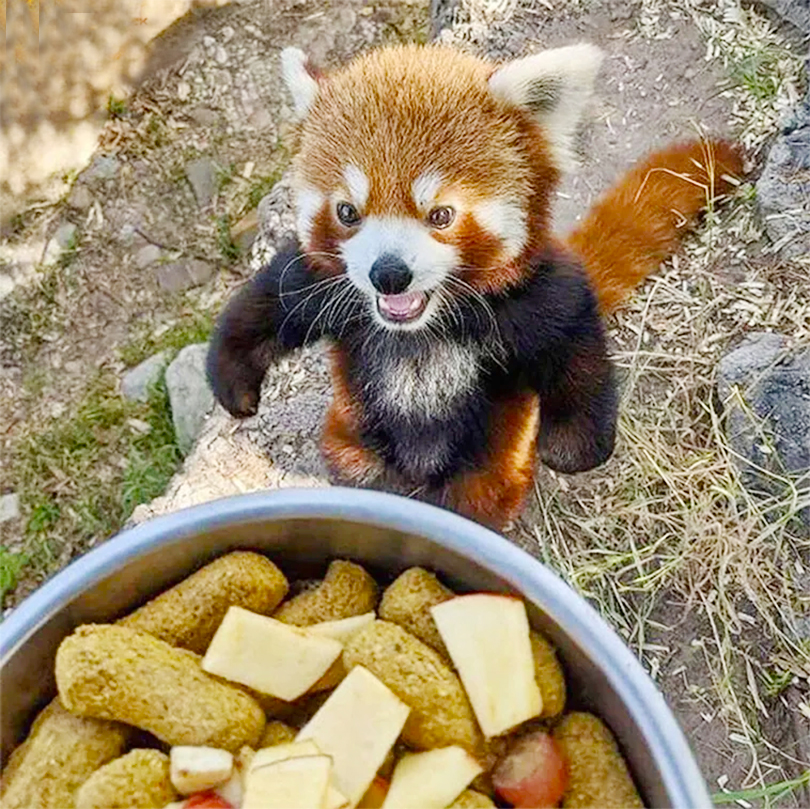
Red Pandas Can Stand On Their Hind Legs To Make Themselves Appear Larger. This can often be seen as cute, however this is a defence mechanism. The act allows them to appear larger to a predator when they are provoked or threatened. Red pandas similar to snow leopards wrap their tails around themselves to use as a large blanket and pillow for when they go into their deeper sleeps in their torpor seasons.
12 / 21
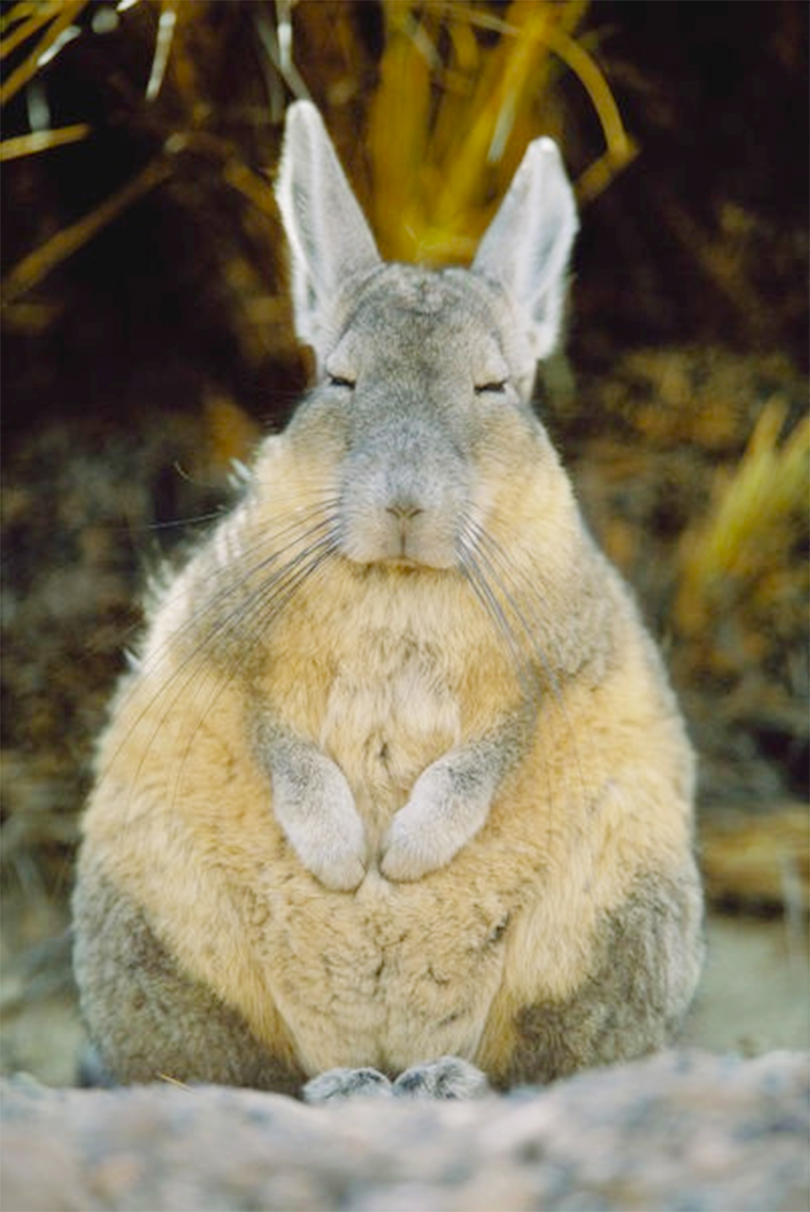
The Southern Viscacha Is A Species Of Rodent Native To Argentina, Bolivia, Chile, And Peru. They Spend A Large Portion Of Their Day Sunbathing, Grooming, And Resting. The southern viscacha does not hibernate and is mostly active soon after dawn and again in the evening. At these times, it emerges from its underground hiding place to feed on what plant material is available, which is mostly grasses and moss, and it also eats lichens. The IUCN lists it as being of Least Concern.
13 / 21
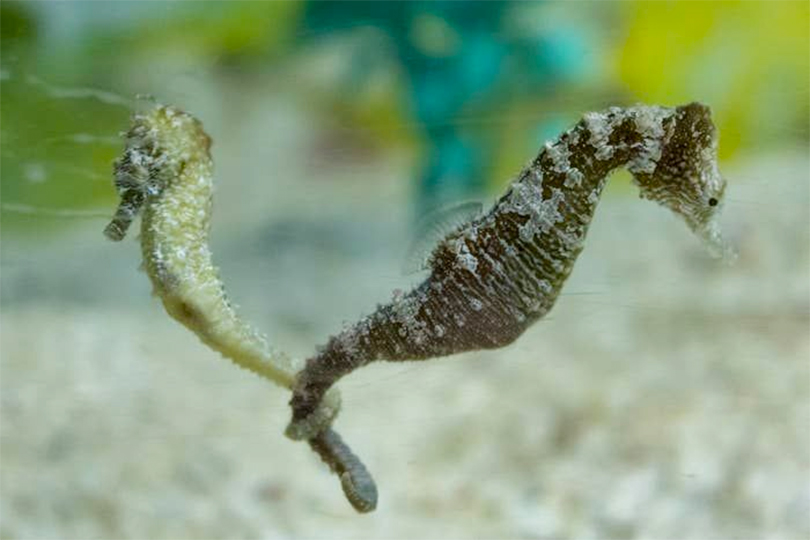
Did you know that seahorses get “married” and perform daily bonding rituals with their other half? Even when given the chance, paired up seahorses don’t cheat, and each morning couples wrap their tails together and dance around seagrass to cement their bond!
14 / 21

Prairie dogs greet each other with kisses. Friends, family, sometimes even enemies get a smooch to say hello. But it’s not just an adorable quirk of these fuzzy, burrowing rodents. For prairie dogs about to be displaced from their homes by development, kisses could be the key to their survival. In prairie dogs, so-called “greet kissing” is common between mammas and babies, relatives, and friends. Wildlife biologists figured out it’s a shortcut to social dynamics.
15 / 21

Pregnant dolphins sing to their unborn babies. Research found that mama dolphins sing them their “signature whistle,” which is pretty much the equivalent of them teaching the babies their name. Dolphins teach babies a ‘signature whistle’ two weeks before birth. The whistles are sounds made by individual dolphins that identifies them.
16 / 21
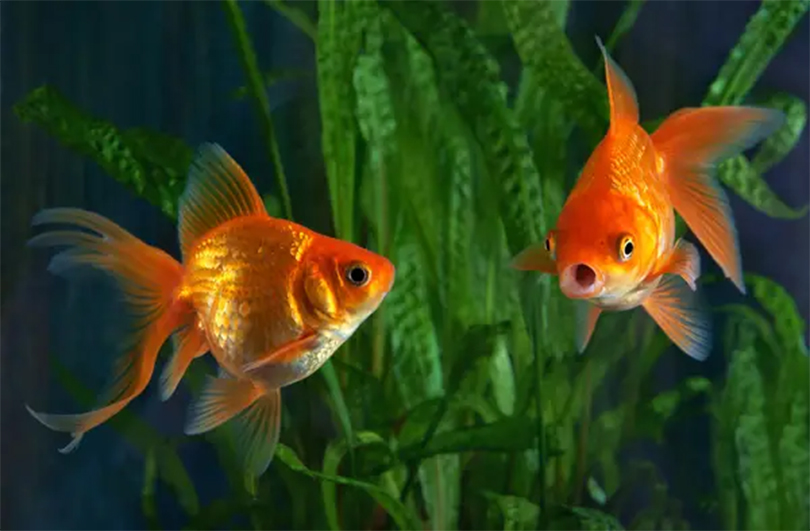
Fish can identify human faces and some can even learn to recognise their owners. There has recently been increasing evidence demonstrating that fish can discriminate between familiar individuals based on facial characteristics (true individual recognition) and can even identify individual humans faces.
17 / 21
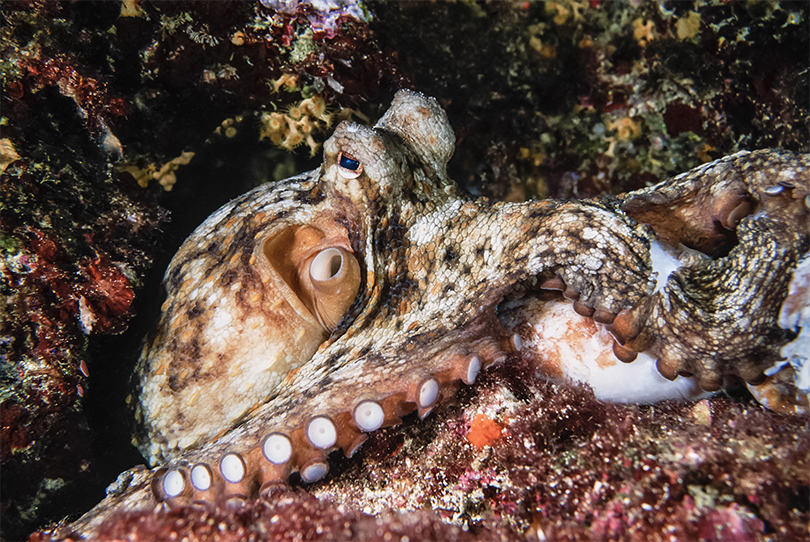
Octopuses live in small dens that they decorate with rocks, stones, and any other shiny treasures they can get their tentacles on. We all know that octopuses are very intelligent creatures, so it should be no surprise that they want to live in style. Decorations can be anything from abandoned bottle caps to pretty shells.
18 / 21
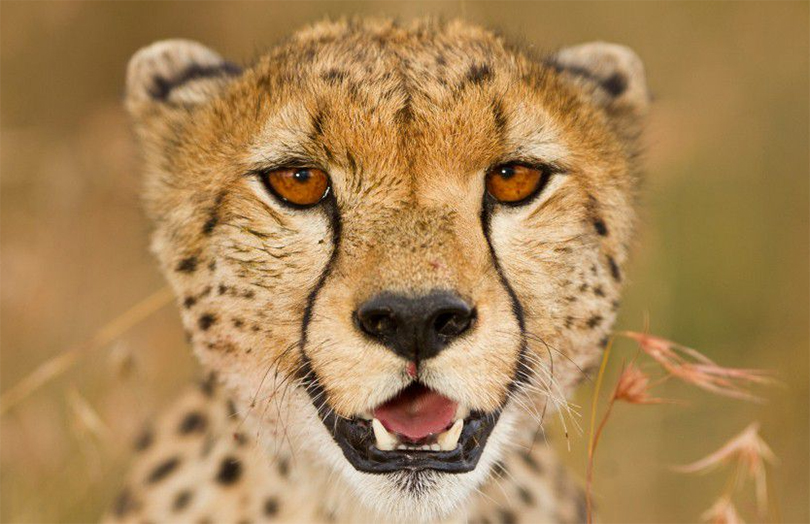
Despite their size, cheetahs can’t roar – so they purr and chirp instead. The bones of the cheetah’s voice box form a fixed structure, with divided vocal cords that vibrate with both in and out breaths. This structure is the same for all the ‘small’ cats. While this design enables these cats to purr continuously, it limits the range of other sounds and prevents them from being able to roar.
19 / 21
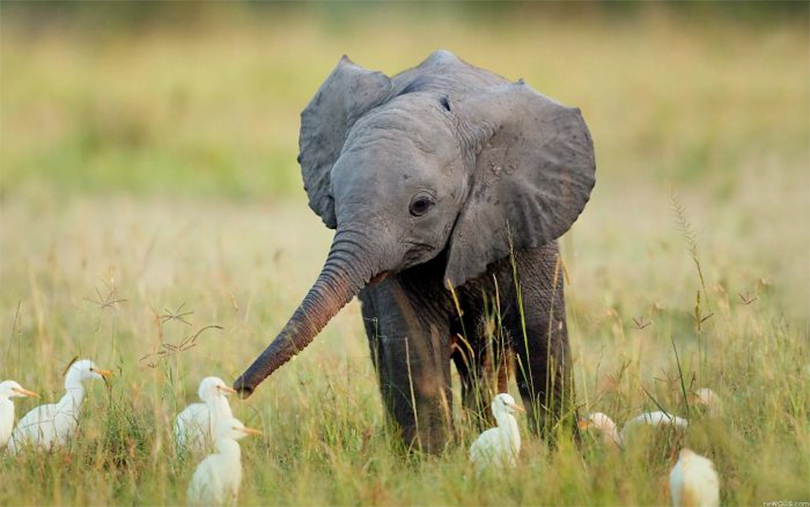
When a baby elephant is born, the rest of the females in the herd trumpet together to spread the news of the arrival. African elephant herds are full of community spirit – baby elephants learn how to make their way through the world from their parents and older members of the herd – female elephants often care for younger ones, and they’ve been found to develop very close bonds.
20 / 21
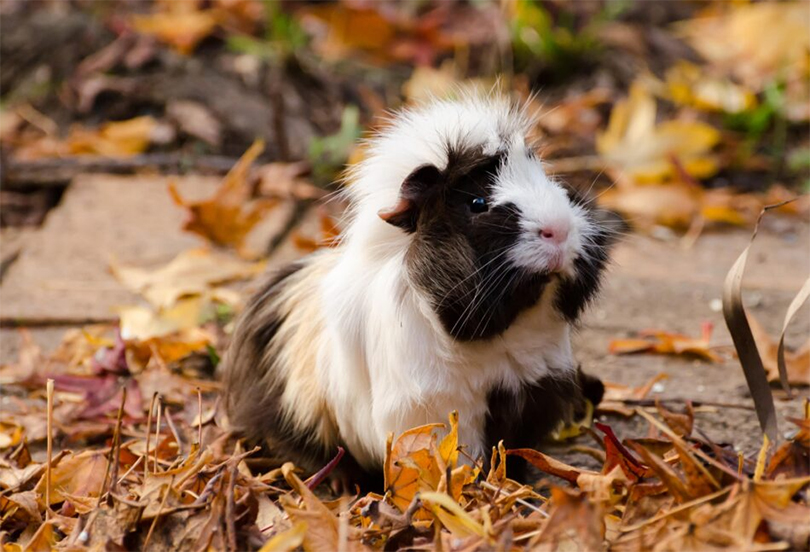
At first, it sounds like one of the silliest laws ever: in Switzerland, you’re not allowed to own just one guinea pig or parrot. The reason for this is that they’re social species, and they are considered victims of abuse if they aren’t able to regularly interact with others of their species. They need social interaction to feel good, so owning a single guinea pig is considered harmful to its well-being and forbidden by law.
21 / 21
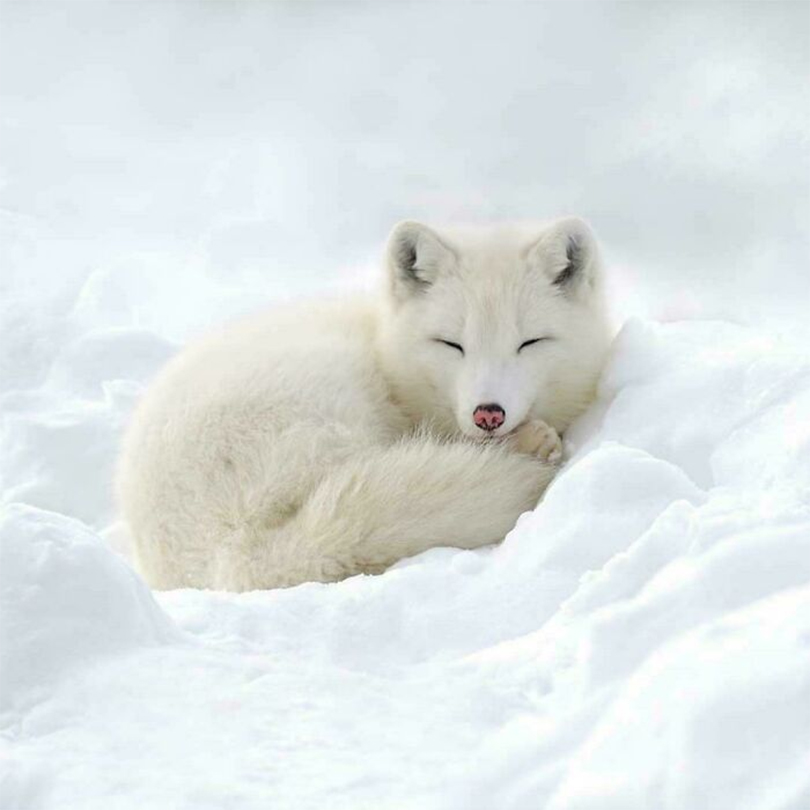
Arctic Foxes Are ‘Ecosystem Engineers’ Who Grow Beautiful Gardens. Organic Waste From The Foxes & Their Kills Make The Area Surrounding Their Dens More Fertile, Leading To Almost Three Times As Many Dune Grasses, Willows & Wildflowers To Sprout Up, Compared To The Rest Of The Tundra. As Olivia Lai pointed out on Earth, as much as we want to marvel at nature and our planet’s biodiversity, we need to remember that the creatures we share our home with are currently under overwhelming stress due to centuries of widespread human activities and climate change. Deforestation and land clearing for agricultural and farming purposes remain to be the biggest threats to animal and plant species across the world, reducing millions of hectares of natural habitats every year.

